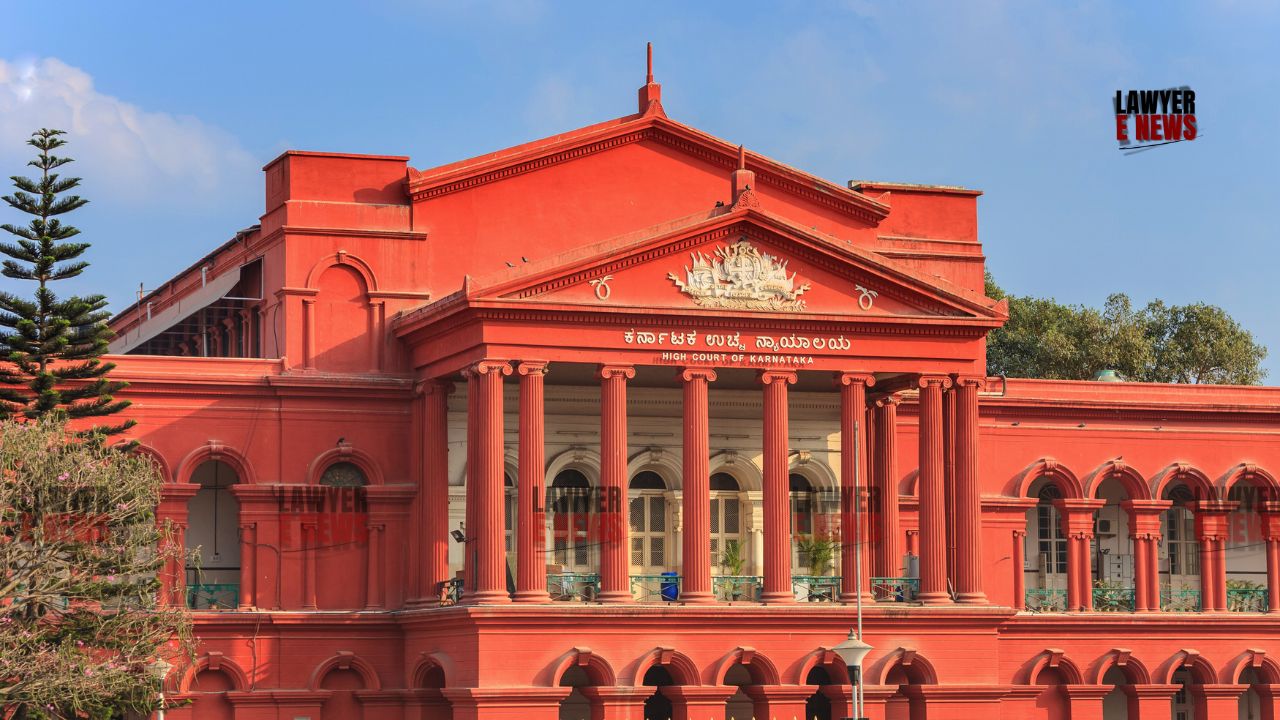-
by Admin
15 February 2026 5:35 AM



Justice H.T. Narendra Prasad cites economic soundness and social considerations in granting transfer petition under Section 24 of CPC
The Karnataka High Court has granted a transfer petition in a matrimonial case, emphasizing the importance of the wife’s convenience. Justice H.T. Narendra Prasad allowed the transfer of the case from Bengaluru to Tiptur, considering the hardship and inconvenience faced by the petitioner-wife. The judgment underlines the legal precedent that prioritizes the wife's ease in such matters.
The petitioner, Tanushree Y., married the respondent, Naveen P., on May 22, 2023, in Tiptur. Post-marriage, matrimonial disputes led the petitioner to move back to her parental home in Tiptur, where she filed a petition for restitution of conjugal rights. Subsequently, the respondent-husband filed a petition under Section 12(1)(a) and (b) of the Hindu Marriage Act in Bengaluru. The petitioner sought a transfer of this case to Tiptur, citing the significant inconvenience of traveling 190 km to Bengaluru.
Justice Narendra Prasad highlighted the consistent legal stance that the wife’s convenience should be a primary consideration in transfer petitions in matrimonial cases. "The petitioner is residing in Tiptur with her aged parents, and traveling to Bengaluru causes significant hardship," the court noted. The court took into account the petitioner’s economic situation and the absence of familial support for traveling such a distance.
Citing the case of Smt. M.V. Rekha v. Sri Sathya @ Suraj, the court reiterated the importance of considering the wife’s convenience in matrimonial disputes. "Generally, it is the wife's convenience which must be looked at while considering transfer," the judgment noted, referencing multiple precedents that support this view, including Sumita Singh v. Kumar Sanjay and Smt. Swarna Gouri v. Sri Vinayak Pujar.
The court also noted that interconnected cases should ideally be tried together to avoid conflicting decisions. "When two proceedings in different courts raise common questions of fact and law, it is desirable they be tried together by the same judge," the judgment emphasized, citing the importance of judicial efficiency and consistency.
Justice Narendra Prasad stated, "The cardinal principle for exercise of power under Section 24 of the Code of Civil Procedure is that ends of justice demand the transfer of the suit, appeal, or other proceeding. In matrimonial matters, the wife's convenience is paramount."
The Karnataka High Court’s decision to grant the transfer petition reinforces the judiciary's commitment to considering the convenience of the wife in matrimonial disputes. This ruling aligns with established legal precedents, ensuring that the petitioner-wife can prosecute her case without undue hardship. The judgment is expected to influence future transfer petitions, affirming the principle that the wife’s convenience is a crucial factor in matrimonial litigation.
Date of Decision: July 3, 2024
Tanushree Y. v. Naveen P.
